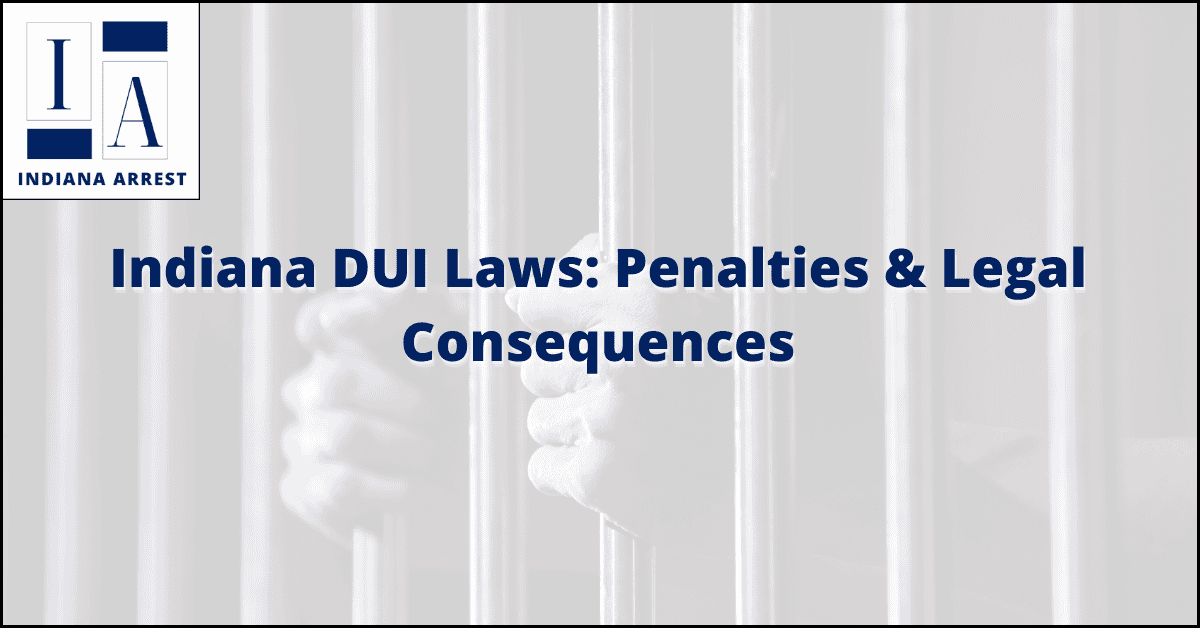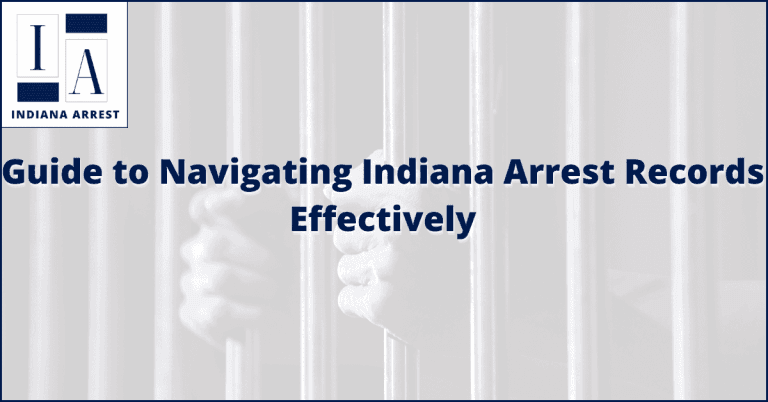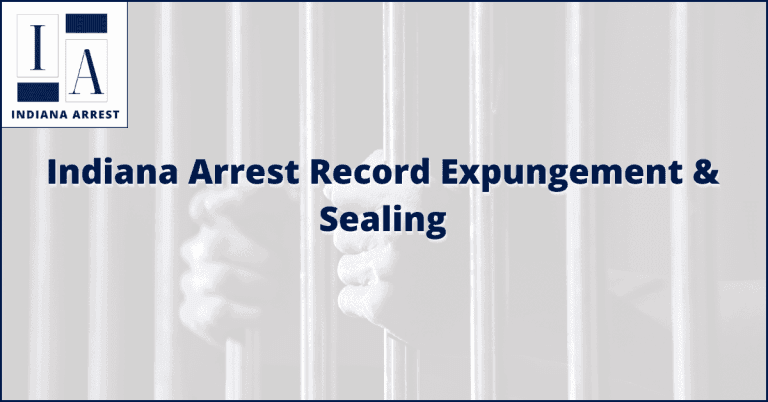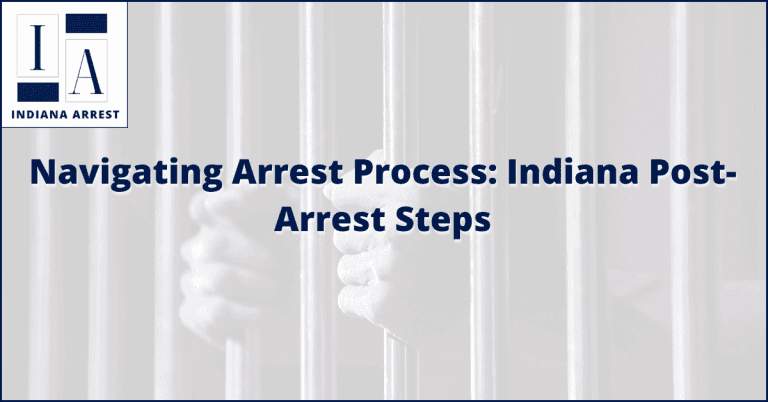Indiana DUI Laws: Penalties & Legal Consequences
Driving under the influence (DUI) in Indiana is a serious offense that comes with significant legal and personal repercussions. Whether you’re seeking to educate yourself about the state’s DUI laws or facing a DUI charge, understanding the intricacies of the regulations, penalties, and potential impact is essential.
Defining DUI in Indiana
In Indiana, DUI refers to operating a vehicle with a blood alcohol concentration (BAC) of 0.08% or higher. This limit applies to adults aged 21 and older. For those under 21, the state maintains a zero-tolerance policy, considering any detectable alcohol level as grounds for DUI charges.
Blood Alcohol Concentration (BAC) Limits
Understanding BAC limits is crucial. A BAC of 0.08% or higher is considered illegal for adult drivers. Commercial drivers face stricter limits with a BAC threshold of 0.04%, while drivers under 21 must maintain a BAC of 0.00%. It’s important to note that even small amounts of alcohol can lead to impairment and possible legal consequences.
Criminal Penalties for DUI Offenses
DUI convictions in Indiana result in varying degrees of criminal penalties. First-time offenders may face fines, license suspension, and potential jail time. Subsequent offenses lead to more severe penalties, including longer license suspensions and mandatory jail terms. The severity of the penalties increases with factors such as high BAC levels and accidents caused by intoxicated driving.
Administrative Penalties
Driver’s License Consequences: Apart from criminal penalties, DUI offenders in Indiana also face administrative penalties that impact their driving privileges. These include license suspension, which can vary depending on the offense’s nature and the offender’s history. Some individuals may be eligible for specialized driving privileges during suspension.
Aggravating Factors in DUI Cases
Certain factors can worsen the legal consequences of a DUI offense. These include causing accidents, having high BAC levels, transporting minors while intoxicated, and repeat offenses. The presence of these aggravating factors can result in enhanced penalties, such as longer jail sentences and more substantial fines.
Ignition Interlock Devices and License Reinstatement
To reinstate driving privileges after a DUI conviction, Indiana may require the installation of an ignition interlock device (IID). This device measures the driver’s BAC and prevents the vehicle from starting if alcohol is detected. IIDs are mandatory for some repeat offenders and individuals with extremely high BAC levels.
Legal Defenses and Options for DUI Offenders
DUI offenders have legal options to consider. These include challenging the accuracy of BAC tests, questioning the legality of the traffic stop, or negotiating plea bargains. Consulting an experienced DUI attorney is crucial to explore potential defenses tailored to the case’s specific circumstances.
Impact of DUI Convictions on Insurance
DUI convictions often result in higher insurance premiums or policy cancellations. Insurance companies view DUI offenders as high-risk clients, leading to increased costs for coverage. It’s essential to understand how a conviction can affect your insurance rates and explore options to mitigate the impact.
Seeking Legal Counsel for DUI Cases
Given the complex legal landscape surrounding DUI cases, seeking professional legal counsel is highly recommended. An experienced DUI attorney can provide personalized guidance, navigate legal procedures, and potentially negotiate reduced charges or penalties.
Community Resources and Rehabilitation Programs
Indiana offers various resources for individuals struggling with alcohol-related issues. These include rehabilitation programs, support groups, and educational initiatives aimed at preventing future DUI offenses. Exploring these resources can provide valuable assistance in overcoming challenges related to alcohol use and making positive changes.
FAQS
What happens if I refuse a breathalyzer test during a DUI stop?
Refusing a breathalyzer test in Indiana can lead to an automatic driver’s license suspension, irrespective of whether you’re eventually convicted of DUI. It’s generally advisable to comply with testing to avoid additional penalties.
Can a DUI conviction be expunged from my record?
In Indiana, DUI convictions are typically not eligible for expungement. Consulting a legal professional can help you understand the available options for minimizing the impact of a DUI conviction on your record.
Are there enhanced penalties for high BAC levels or aggravated circumstances?
Yes, Indiana has enhanced penalties for DUI offenses involving high BAC levels (0.15% or higher) and aggravating circumstances such as accidents causing injury or having a passenger under 18 years old in the vehicle. These can lead to longer license suspensions, higher fines, and potential jail time.
What are the penalties for a first-time DUI offense in Indiana?
For a first-time DUI offense in Indiana, penalties may include a driver’s license suspension ranging from 30 days to 2 years, fines up to $500, and possible probation or community service. Completion of a certified DUI education program is also mandatory.







